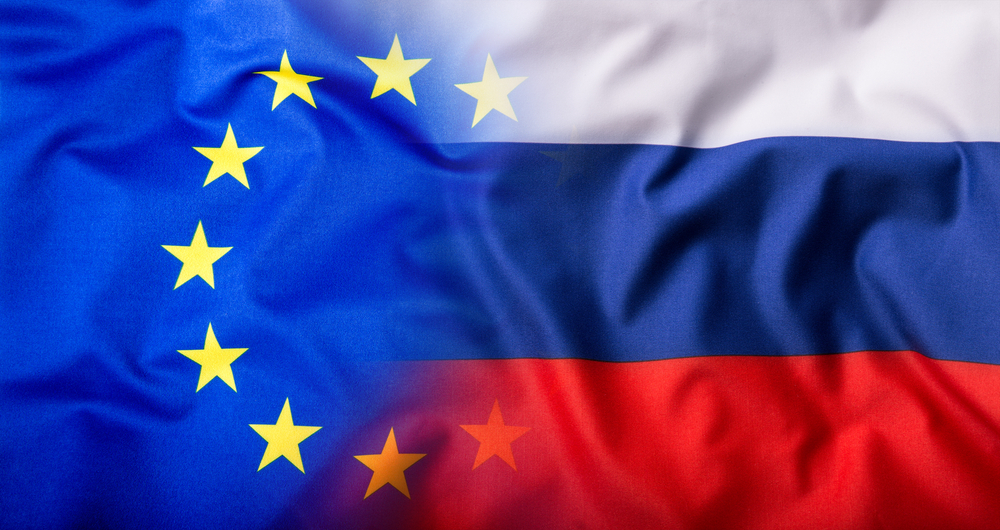
Practical information
Themes and regions
Related centers and programs
This is a private event.
Learn more about our corporate support packagesEU-Russia relations have barely improved since the outbreak of the Ukrainian crisis in 2014. Geopolitical tensions remain vivid in the East and have rendered the situation across the EU’s neighbourhoods particularly volatile. During his visit in Warsaw in February 2020, President Macron therefore underlined the importance of an “architecture of stability, of peace, of trust in Europe”.

But it remains unclear, under the current circumstances, how such an architecture should look like. Different threat perceptions and economic interests among the Member States, e.g. with regards to Nord Stream 2, hinder the development of a more robust strategy towards Russia. The presumed poisoning of the most prominent Russian opposition candidate Navalny and the unstable situation in Belarus represent further points of friction. The challenge in this context is not limited to recalibrating EU-Russia relations, given the role Russia plays especially in the EU’s Eastern neighbourhood and the Middle East. The discussion should be part of a wider reflection on the role the EU ambitions to play at the global level.
Side-event at Globsec Bratislava Forum October 7th/8th 2020 - Bratislava & online
Speakers
Tatiana KASTOUEVA-JEAN, Head of Russia-NIS Center, Institut Francais des Relations Internationales (Ifri), Paris (online)
Hans Dietmar SCHWEISGUT, Secretary General, Austro-French Centre for Rapprochement in Europe, Vienna (online) Irina BOLGOVA, Associate Professor, Department of Applied Analysis at Moscow State Institute of International Relations (MGIMO) (online)
Roland FREUDENSTEIN, Policy Director, Wilfried Martens Centre for European Studies, Brussels (online)
Patrycja SASNAL, Head of Research, Polish Institute of International Affairs (PISM), Warsaw (online)
Moderation: Kinga BRUDZINSKA, Programme Director of Future of Europe, GLOBSEC Policy Institute, Bratislava
Related Subjects
Other events

EV Supply Chains for Japan and Europe: Strengthening Economic Security
Economic security aims to ensure the resilience of supply chains for key industries: the case of electric vehicle production in Japan and Europe will be discussed.

From Ambition to Action: Exploring Technological Partnerships with India
The 16th EU-India Summit, held on January 27th in New Delhi with European leaders António Costa, Ursula von der Leyen, and Prime Minister Narendra Modi, marks a significant milestone in deepening EU-India relations. At the same time, official bilateral visits from EU member states are on the rise, including that of the French President, who visited India in February to participate in the Artificial Intelligence Summit. As India asserts its technological ambitions and seeks to reduce its dependence on China, Europe is stepping up its efforts to diversify its strategic partnerships.






